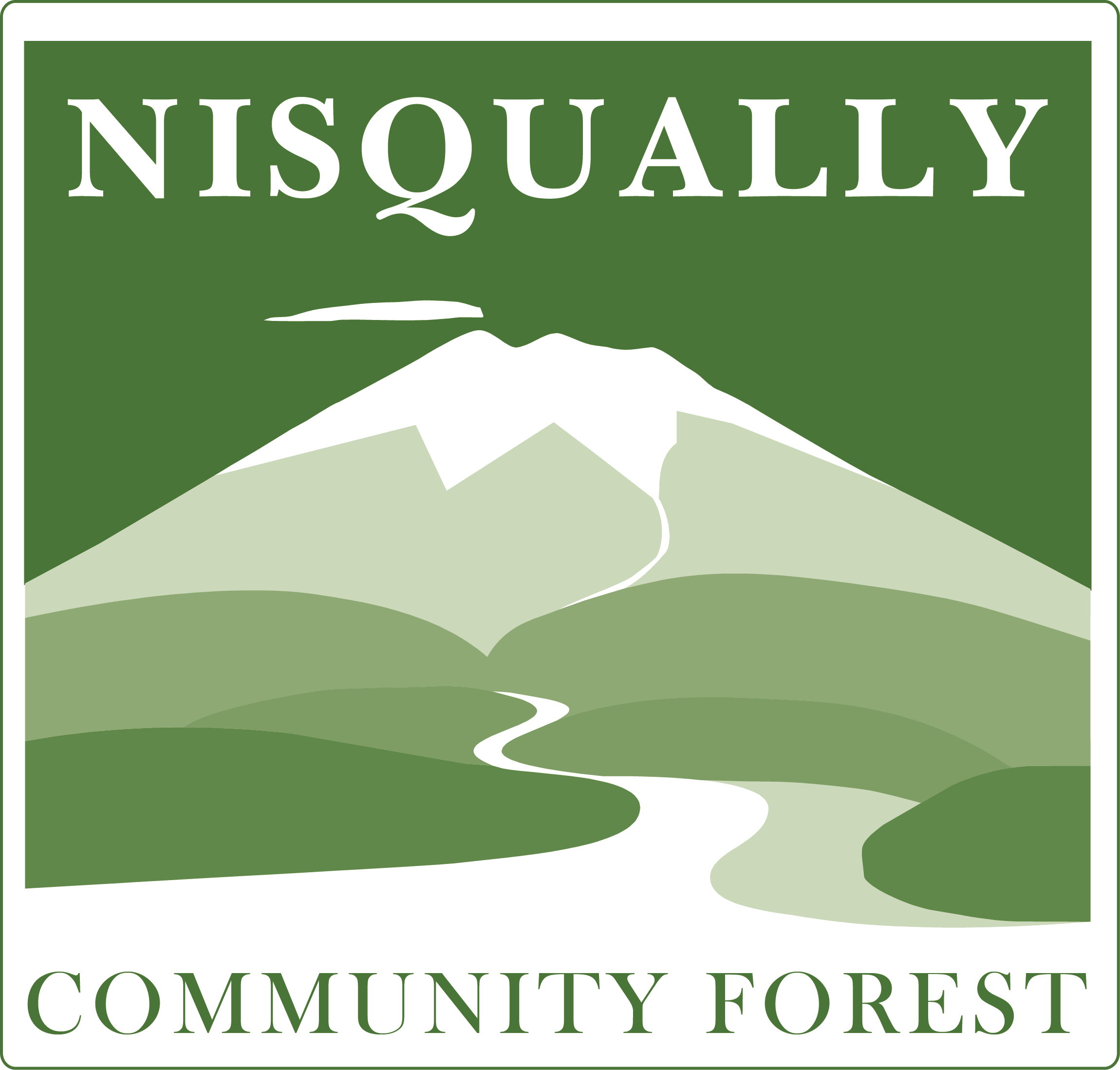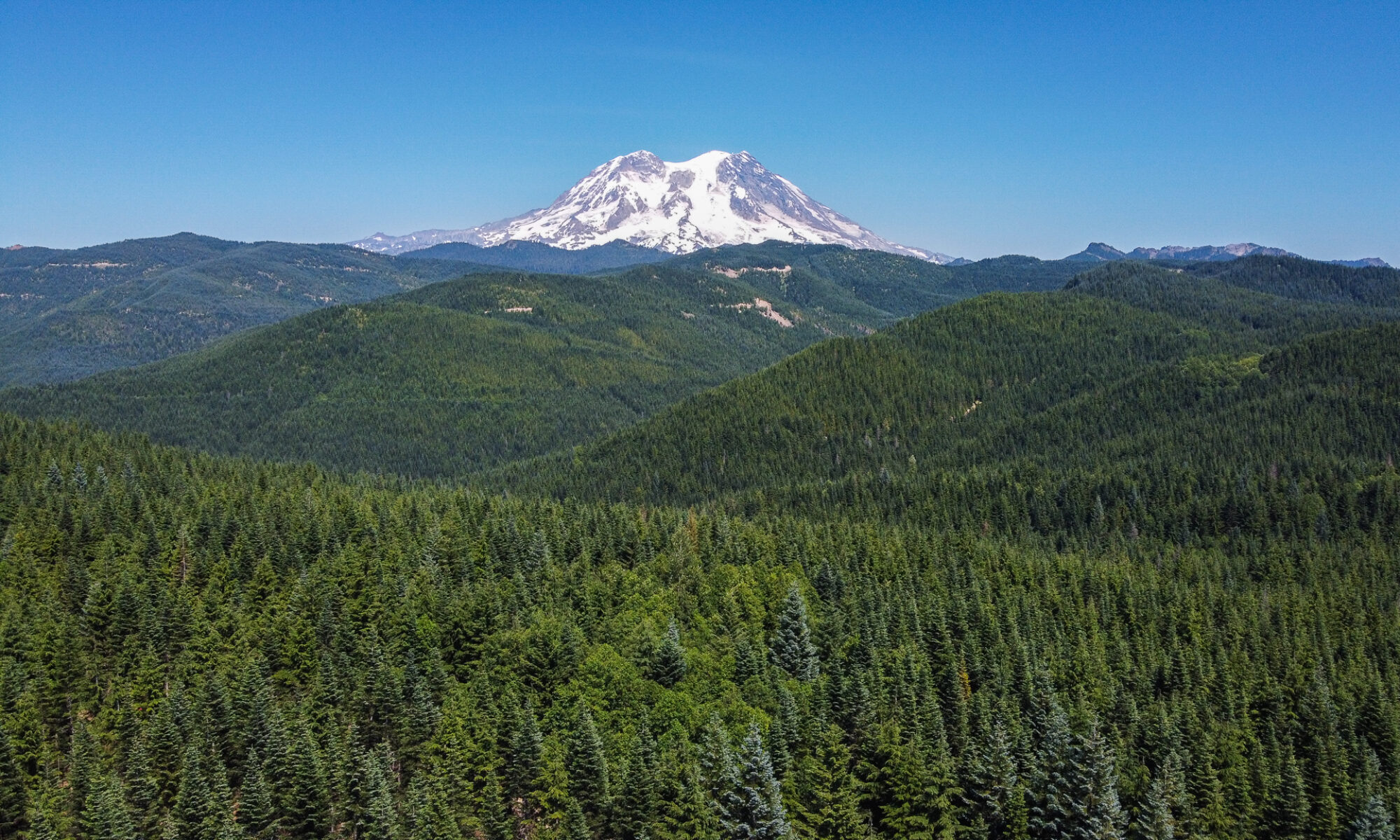The Nisqually River Watershed is home to some of the best timber-growing land in the world. Over 100,000 acres – or nearly 25 percent of the watershed’s land mass – are in privately held commercial timberlands. They enjoy excellent growing conditions, extremely low tax rates, and direct access to regional mills and Asian ports. For more than a century, investors from across the country and around the world bought and harvested Nisqually forests, and profited immensely. But none of these investors included the Nisqually Watershed community itself.
In 2010, a diverse group of Nisqually stakeholders came together to explore a future for commercial forestry in the watershed built around local ownership and management. Supported by a National Park Service planning grant, they held a series of watershed-wide conversations about what a “Nisqually Community Forest” might look like:
- How would it be owned? Managed? Financed? How big would it be? Where precisely would it be located?
- Could a Nisqually Community Forest make creation of local family-wage jobs one of its primary management objectives?
- What if its timber-harvest practices weren’t driven solely by state regulation but also by whether the forest put more salmon in the rivers, and provided more fish to catch, and eat, and sell, and for kids to watch as they grew up?
- What if logging roads doubled as mountain-biking and cross-country-ski trails, so that the forest helped the community stay healthy and also supported the local tourism economy?
- What if, say, the “profit” the forest had to generate wasn’t the revenue it had to return to far-flung investors every year but the clean water, clean air, jobs, scenic vistas and recreational opportunities it provided for the local community?
In short, could the Nisqually community change the game by joining the game?
Over the next decade, we created and executed an ambitious plan to build a locally-owned and -managed forest. We incorporated the Nisqually Community Forest as a nonprofit land conservancy, with the power to buy, sell, hold, and manage working timberlands. And we acquired land: In Phase 1, we bought 1,920 acres of industrial timberlands along Busy Wild Creek, which contains miles of critical habitat for threatened Chinook salmon and steelhead trout. In Phase 2, we added an additional 960 acres along the Busy Wild, and the Nisqually Indian Tribe acquired an adjoining 1,240 acres. In Phase 3 the Tribe added a further 1,380 acres.
All of it is now managed as the Nisqually Community Forest – all told, at 5,500 acres, the largest nonprofit community forest in the Pacific Northwest.

